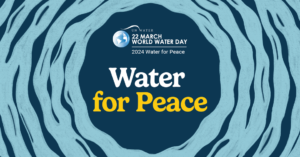We are delighted to announce the second Water JPI Conference on the theme “Emerging Pollutants in Freshwater Ecosystems”. The international conference will be held in Helsinki, Finland, on 6–7 June 2018. Please mark your diary, we count on your participation!
The aim of the international conference is to attract some 200 experts in emerging pollutants to meet and discuss common challenges and share their recent discoveries and knowledge. The two-day conference will include keynotes and presentations about, for instance, what kinds of pollutants threaten our drinking water and how chemicals and pesticides end up in the water cycle. The programme also includes topics such as the effects of pollutants on ecosystem function and human health as well as innovative methods for monitoring and remediation. The conference is targeted at researchers, policy-makers and representatives of industry and organisations. The keynote presentations, scientific talks and panel discussions will offer topical perspectives and evidence-based knowledge to support experts and policy-makers in their work.
The call for abstracts is now open! Abstracts will be peer reviewed and acceptance will be based on content, available space and overall programme balance. Preference will be given to presentations that are of interest to end-user groups. To have your abstract considered for acceptance, please submit it by the end of February via the conference registration system. The deadline to submit abstracts is the 28th February 2018.
The preliminary programme and additional information are available on the Water JPI Conference webpage.



